Low-oil DDGS provides less energy, more protein in pig diets
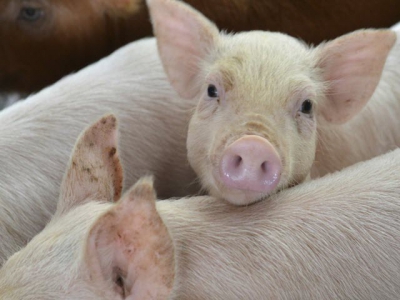
Change to standard DDGS:corn ratio for growing pigs not recommended unless diets are formulated to specific dietary energy concentration.
Given greater oil extraction efficiencies at corn ethanol plants, the resulting dried distillers grains with solubles co-products are lower in fat, which means less energy for pigs and other livestock consuming DDGS as part of their diet, according to research from the University of Illinois.
“Fat contains more energy than all the other nutrients. So, if you lower fat in DDGS, we would expect the energy to go down,” said Hans H. Stein, professor in the University of Illinois department of animal sciences and co-author of a study published in Translational Animal Science.
Along with co-authors Charmaine Espinosa and Su Lee, Stein tested eight sources of low-oil DDGS from feed mills across the Midwest. In one experiment, they fed these DDGS products in corn-based diets to 72 barrows averaging 18 kg at the start of the two-week experiment. By analyzing feces and urine from the animals, the researchers were able to quantify how much energy the animals absorbed and retained, the university said.
Compared to a corn-based diet without DDGS, there was less metabolizable energy in all eight sources of low-oil DDGS, Stein reported.
“We didn’t see a lot of variability among the eight sources, which was a little surprising. There were only two sources that were significantly different from each other in terms of energy. Most importantly, all were lower than corn. In the past, corn and DDGS were considered to have the same amount of energy,” Stein said.
He added that swine producers may have to include additional sources of fat in pig diets if using low-oil DDGS. However, according to a separate experiment reported in the study, the ingredient still has value.
In the second experiment, researchers analyzed amino acid digestibility in seven low-oil sources of DDGS. Partially digested material was extracted from the ileum of 24 pigs after a week on the experimental diets.
“The digestibility of amino acids in these lower-fat DDGS sources is a little bit greater than we’ve seen in the past,” Stein said. “We think the industry is doing a better job of heating or drying the DDGS. If they over-dry the material, the amino acids are damaged. It appears they are doing a better job of avoiding over-drying, which results in greater digestibility of amino acids.”
Stein’s group has studied DDGS for many years and has chronicled a steady rise in amino acid concentration — specifically lysine — since 2002, indicating an increasingly favorable feeding value as a protein source, the university noted.
With the combination of lower energy and greater protein in new low-oil DDGS, Stein said he’s not recommending a change to the standard DDGS-to-corn ratio in diets for growing pigs.
“We have said for at least 10 years that you can give 30% DDGS in the diet to growing pigs and sows. After determining the feeding value for low-oil DDGS, we have decided not to change our recommendation,” he said. “However, if diets are formulated to a specific dietary energy concentration, it may be necessary to add a little bit of extra fat to the diets if low-oil DDGS is used.”
The university noted that this research was supported by Cargill and POET Nutrition.
Related news
Tools

Phối trộn thức ăn chăn nuôi

Pha dung dịch thủy canh

Định mức cho tôm ăn

Phối trộn phân bón NPK

Xác định tỷ lệ tôm sống

Chuyển đổi đơn vị phân bón

Xác định công suất sục khí

Chuyển đổi đơn vị tôm

Tính diện tích nhà kính

Tính thể tích ao

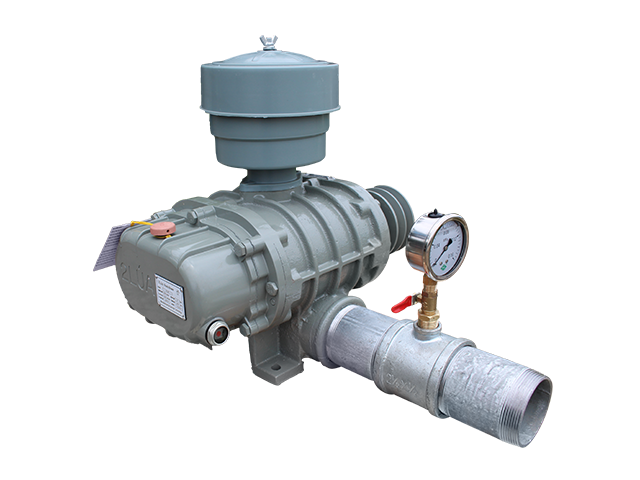
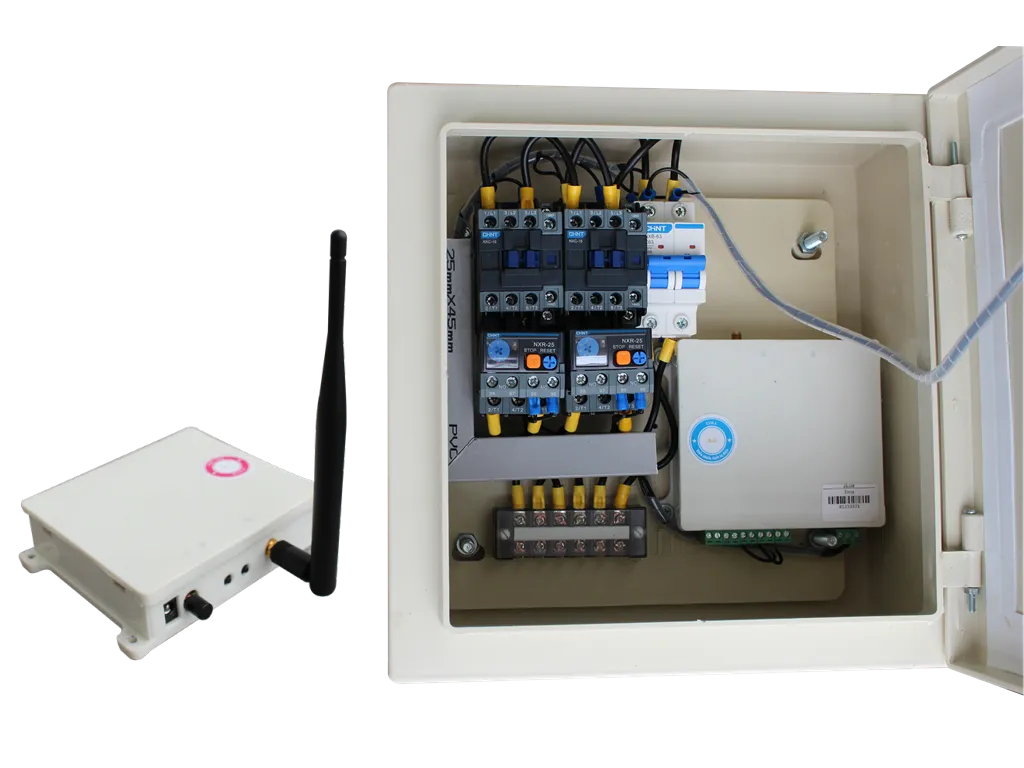
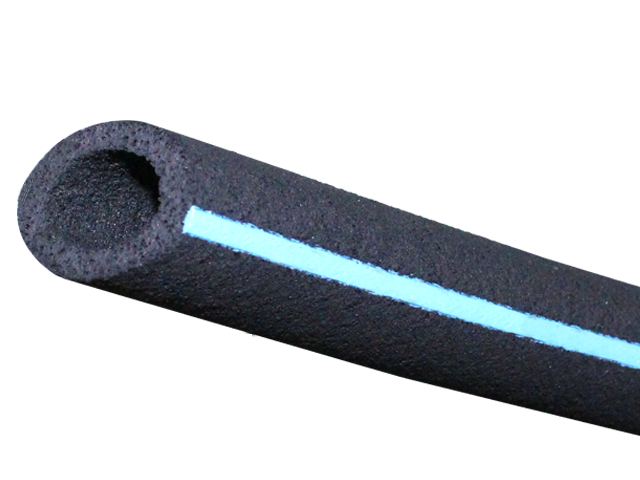
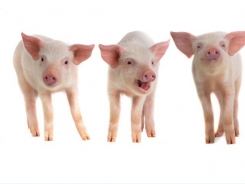
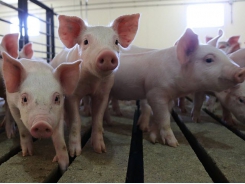
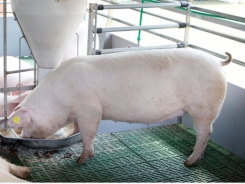
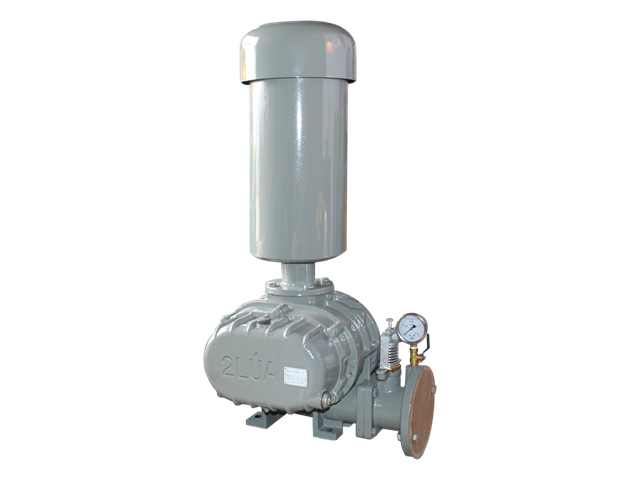
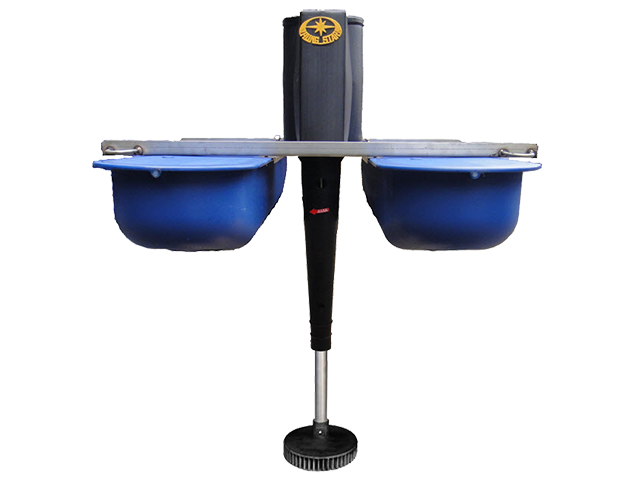
 Study: A blend of plant…
Study: A blend of plant…  Electronic feeding systems limit feed…
Electronic feeding systems limit feed…